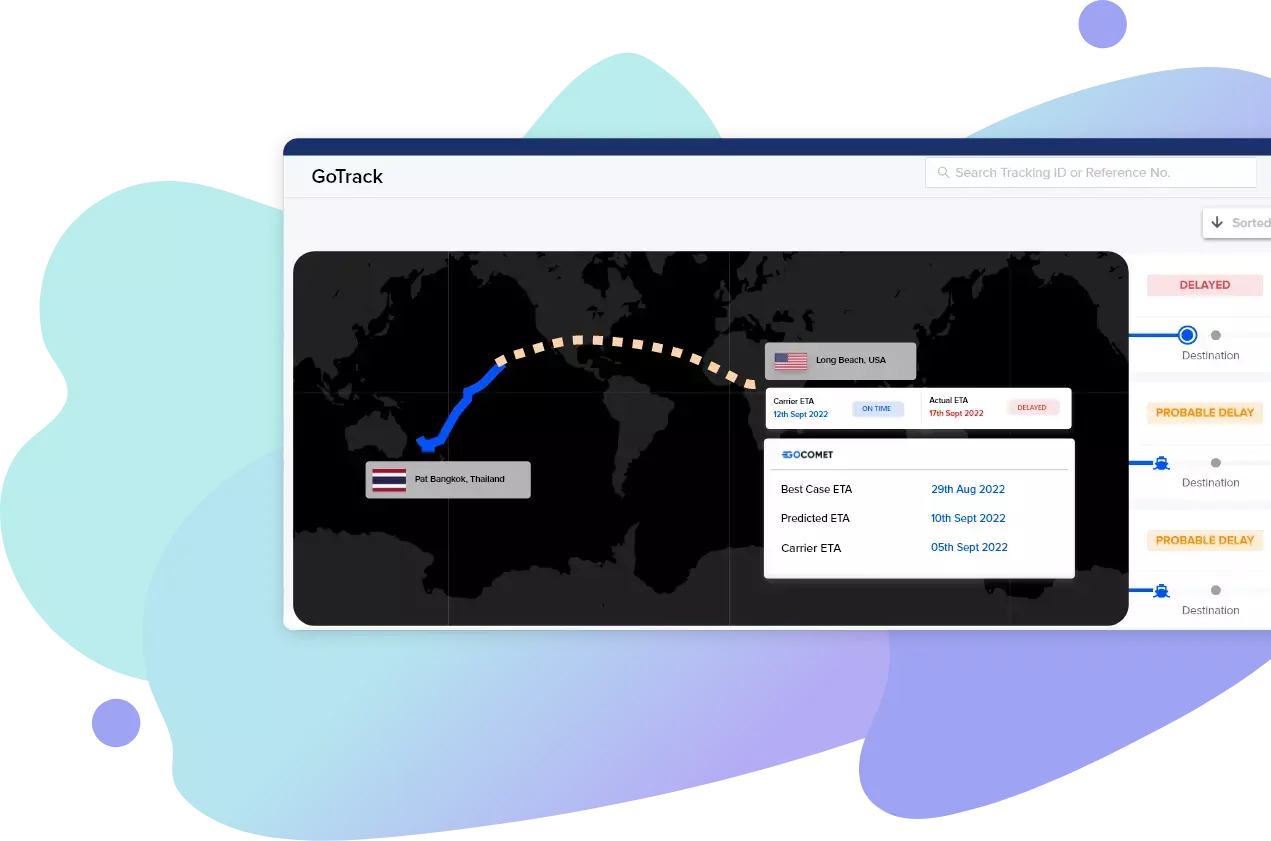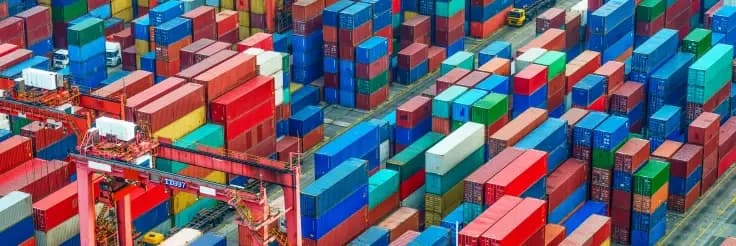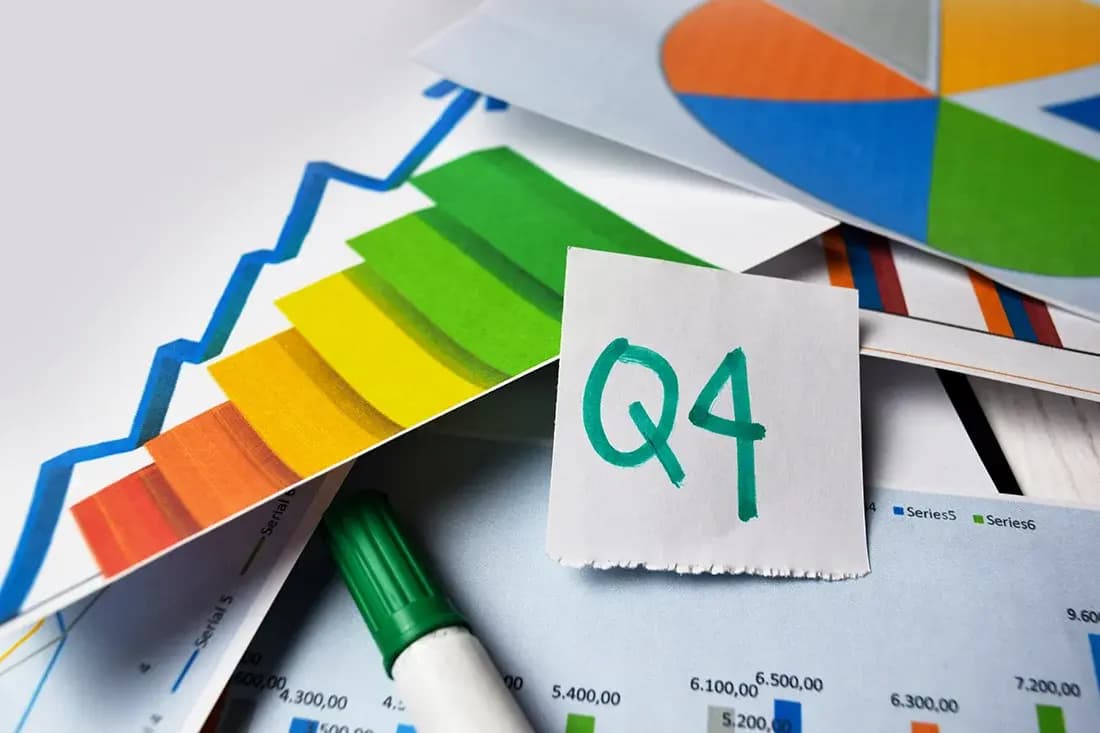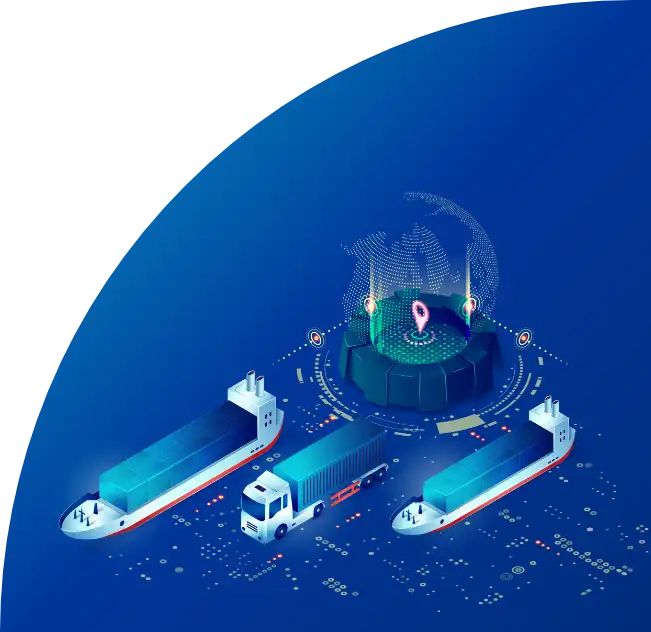Current Port Congestion in Croatia
Discover the latest congestion trends impacting Croatian ports, including Rijeka, Split, and Ploče, where container growth, Ro/Ro traffic, and infrastructure constraints influence shipping efficiency. Use GoComet’s port congestion tool to track live vessel movements and port conditions, helping you minimize delays and manage your cargo flow across Croatia’s maritime gateways.
Need access to our entire database?
Ports List
















































































Port Delay by Country
About Croatia Ports and Congestion
Need weekly report on port congestion for your desired ports?
Feature Insights
Sailing Schedule
63%
shipments do not arrive on-time at Croatia region
Carrier Spotlight
MSC
has the highest shipments arriving on-time for Croatia region
GoComet launched revolution!
Stay up to date with live weekly
congestion status of your ports


Navigating port congestion to mitigate 51% of the delivery delays: Case study
In today's globalized world, efficient supply chain management is crucial for businesses to thrive. However, disruptions such as port congestion can significantly impact delivery schedules, leading to frustrated customers and compromised production c...
# blog

Region-Specific Port Congestion Analysis – Quarterly Report
Global port congestion in Q1 2023 has improved significantly from its peak in Q4 2021, but it is still far from normal. The main factors that have contributed to the improvement are the easing of COVID-19 restrictions, the return of some ships to ser...
# blog







Frequently asked questions
How can I check congestion at Rijeka or Split using GoComet?
GoComet provides real-time updates on vessel traffic, berth occupancy, and congestion levels at Croatia’s major ports.Which Croatian ports are tracked on GoComet?
The tool includes Rijeka, Split, Ploče, and other active Adriatic commercial ports.Can I compare congestion in Croatia with other Mediterranean ports?
Yes, GoComet allows benchmarking with other regional ports to support smarter routing and scheduling.Is GoComet suitable for cargo and cruise terminals in Croatia?
Absolutely. The platform supports mixed-use ports with insights into container, bulk, and passenger vessel activity.Who benefits from using GoComet in Croatia?
Shipping lines, port agents, freight forwarders, and marine planners rely on the tool to track and respond to congestion trends.
